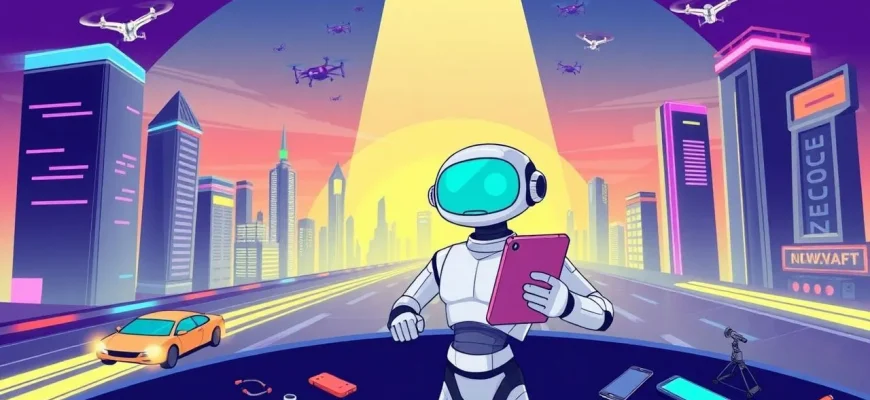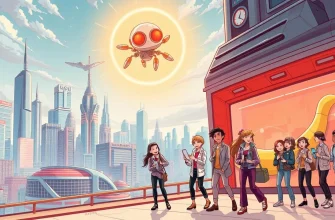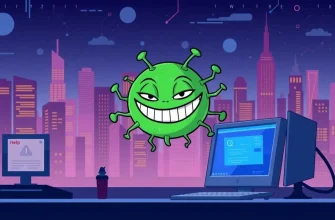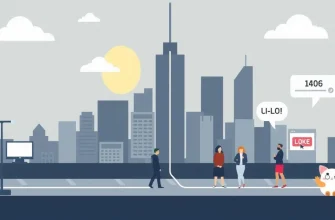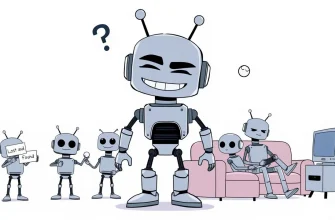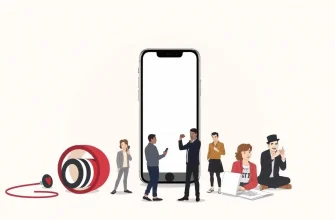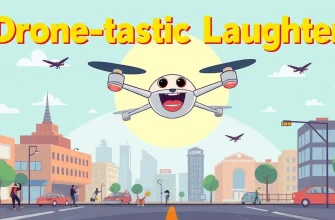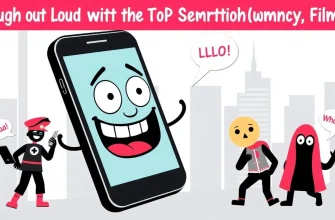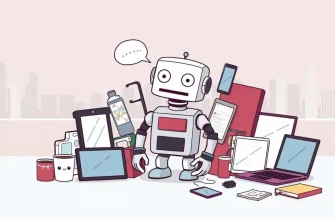In a world where technology is advancing at breakneck speed, it's refreshing to take a step back and laugh at the possibilities of what might come. This curated list of 10 comedy films explores the humorous side of future tech, offering a delightful escape into worlds where robots, AI, and gadgets take center stage in the most unexpected and hilarious ways. Whether you're a tech enthusiast or just in need of a good laugh, these films promise to entertain and perhaps even make you ponder the future of our tech-driven society.
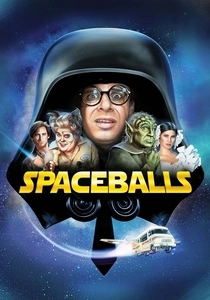
Spaceballs (1987)
Description: Mel Brooks' parody of sci-fi films includes a humorous take on future technology with gadgets like the "Instant Video" and the "Plaid" speed of light travel.
Fact: The film features a scene where the characters watch themselves on video, a meta-comedy moment that was ahead of its time.
 Watch Now
Watch Now 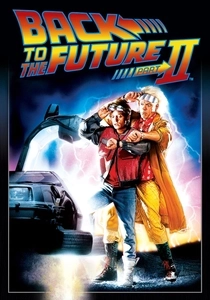
Back to the Future Part II (1989)
Description: Marty McFly travels to the future where technology has advanced in ways both hilarious and terrifying. From flying cars to self-lacing shoes, it's a comedic look at what the future might hold.
Fact: The film's depiction of 2015 has become a benchmark for comparing real-world technology advancements.
 Watch Now
Watch Now 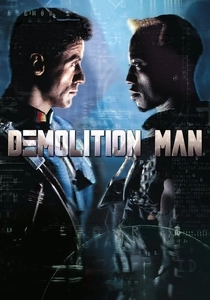
Demolition Man (1993)
Description: While not strictly a comedy, this action film has plenty of humorous moments as it explores a future where technology has sanitized society to an extreme. From voice-activated toilets to a ban on physical contact, it's a comedic take on future tech.
Fact: The film's concept of "three seashells" in the bathroom has become a cultural meme.
 Watch Now
Watch Now 
The Matrix (1999)
Description: While known for its action, "The Matrix" has its share of comedic moments, especially in its portrayal of the virtual reality world where technology has taken over human lives in a humorous, albeit dark, way.
Fact: The film's "bullet time" effect was groundbreaking and has been widely parodied.
 Watch Now
Watch Now 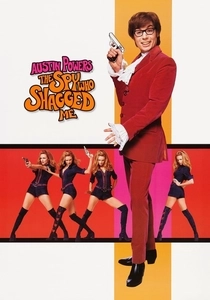
Austin Powers: The Spy Who Shagged Me (1999)
Description: This sequel to the original "Austin Powers" film features time travel and futuristic technology, with plenty of laughs as Austin navigates the future with his '60s charm.
Fact: The film introduced the character of Mini-Me, played by Verne Troyer, who became an instant comedy icon.
 Watch Now
Watch Now 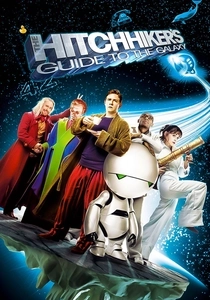
The Hitchhiker's Guide to the Galaxy (2005)
Description: This film adaptation of Douglas Adams' classic sci-fi comedy follows Arthur Dent as he navigates the universe with a book that explains everything. It's a perfect blend of humor and futuristic tech, showcasing gadgets like the Babel Fish and the Infinite Improbability Drive.
Fact: The film's director, Garth Jennings, also directed the music video for Blur's "Coffee & TV," which features a similar theme of technology and humor.
 Watch Now
Watch Now 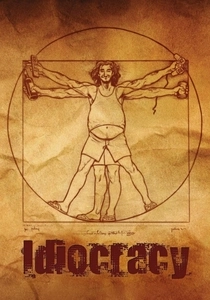
Idiocracy (2006)
Description: In this satirical comedy, an average Joe wakes up 500 years in the future to find that humanity has become incredibly stupid, and technology has evolved in bizarre ways. It's a hilarious look at how technology might evolve in a world where intelligence is not a priority.
Fact: The film was initially released with limited marketing due to legal issues, but has since gained a cult following.
 Watch Now
Watch Now 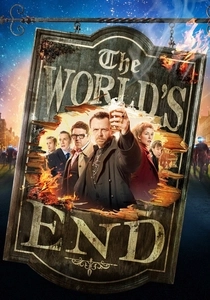
The World's End (2013)
Description: This film by Edgar Wright combines comedy with sci-fi elements as a group of friends attempt to complete a pub crawl, only to discover an alien invasion. The technology here is both futuristic and hilariously integrated into everyday life.
Fact: The film is part of Wright's "Cornetto Trilogy," which also includes "Shaun of the Dead" and "Hot Fuzz."
 Watch Now
Watch Now 
Her (2013)
Description: Although more of a romantic drama, "Her" has comedic elements in its portrayal of a man falling in love with an AI operating system. The film explores the future of AI and human interaction in a humorous yet poignant way.
Fact: The voice of the AI, Samantha, was provided by Scarlett Johansson, who was not initially credited.
 Watch Now
Watch Now 
Wall-E (2008)
Description: Pixar's animated gem features a lonely robot, Wall-E, who falls in love with another robot, Eve. While primarily a love story, it's filled with humorous takes on future technology and human dependency on it.
Fact: Wall-E was designed to be expressive without dialogue, relying on body language and sound effects.
 30 Days Free
30 Days Free 
